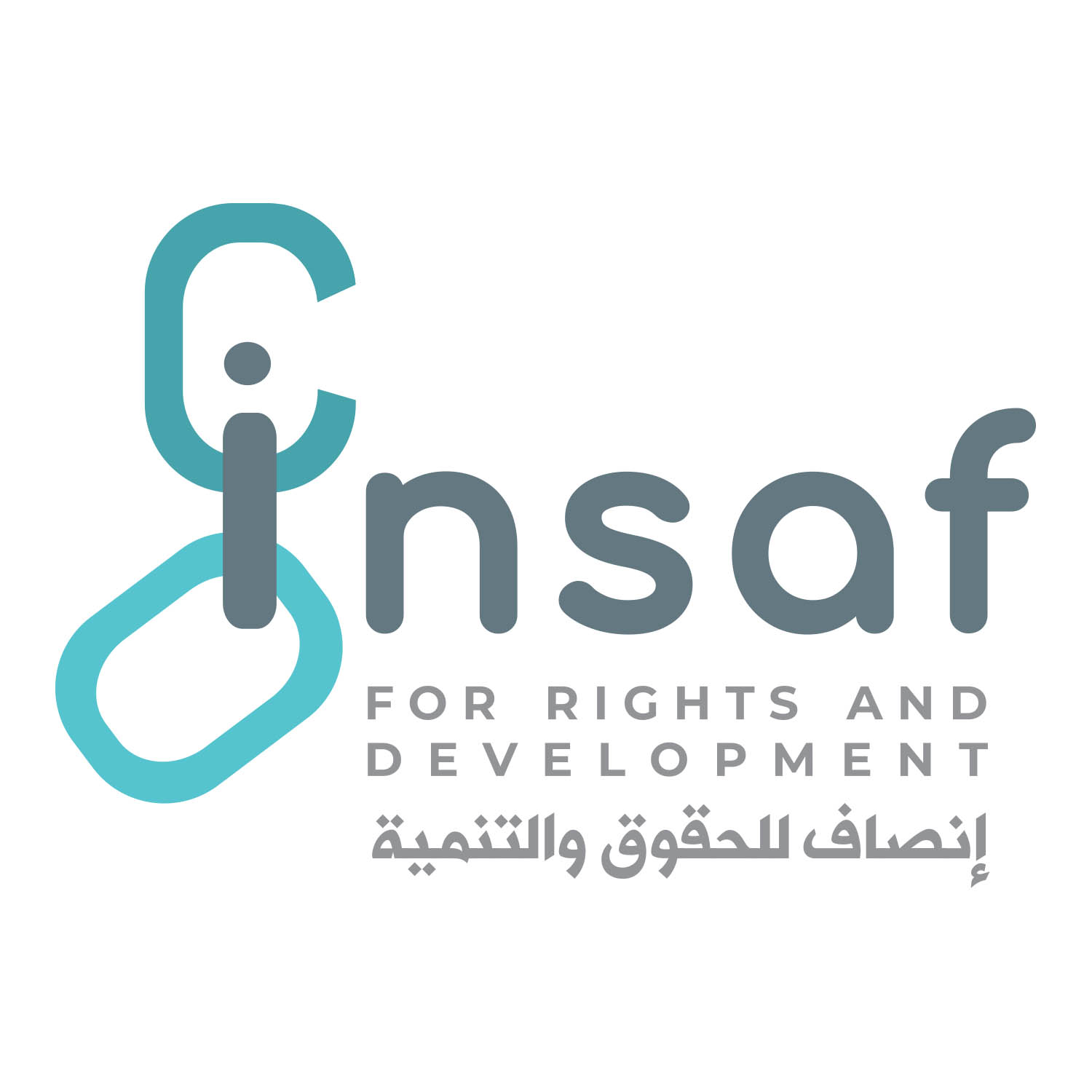On Thursday September 22, 2022, INSAF Center for Defending Freedoms & Minorities held the closing event for the “Racial & Ethnic Equity Task” Project, funded by the US Agency for International Development (USAID), through their partner Management Systems International (MSI).
Speaking via Zoom, INSAF Center’s chairperson, Eman Homaid, said that the center worked with local authorities, international organizations, sponsors and officials on protecting and promoting racial equality, with the aim of lifting injustice against minorities, and was able to contribute to the release of six Baha’is who were sentenced to death in Sana’a without legal justification.
She then added: “It (the Center) also helped and protected a number of Christian and Jewish families, in cooperation with international human rights organizations, and transferred some of them to safe places outside Yemen.”
Homaid indicated that the center “will work in the coming years to implement a set of projects and activities that will benefit these groups, through the preparing of studies, analyzes, accurate evaluations, raising solutions and recommendations, continuing advocacy, providing legal and human rights support, and conducting awareness campaigns and applying pressure to involve these groups in the peace processes.”
In a related context, the Executive Director of INSAF Center, Ibrahim Nagib, spoke during the event about the difficulties and challenges faced by their team during the project, in light of the ongoing war and the deteriorating services in the country.
He stated that “this was the first project to be implemented on the ground for the Center, and is the first building block for implementing programs that will provide solutions and assistance to solve the difficulties facing this underprivileged group.”
Mahmoud Rizk Allah, the researcher specialized in marginalized ethnic minorities at INSAF Center, confirmed during his intervention, the presence of nearly three million Muhamasheen (marginalized) people, distributed among the governorates of Yemen, who are treated with extreme racism, to the extent that it is difficult to live a normal life, with the unanimity in marginalizing them adding to their plight.
With a lack of deterrent laws to curb racism towards them, Muhamasheen in Yemen suffer legally, economically, politically and in the media as well. They suffer from inequality between them and the rest of society in terms of rights and duties, are deprived of educational opportunities, a lack of health insurance in light of the spread of diseases and epidemics among them.
Sarah Ayash, a field observer, explained that the harsh economic conditions experienced by the Muhamasheen minority in Yemen, especially “black women”, and the lack of decent job opportunities, expose them to abuse and verbal and physical harassment.
The Executive Director of DevPro, Khaled Ishaq, gave a brief explanation of the project’s results and outputs, and the most important recommendations that came out of the project. The Deputy Director of Religious and Ethnic Minorities Programs at USAID – Gretchen Birkle – spoke during the event on behalf of the project’s donor, in which she expressed her gratitude to INSAF’s team for all their efforts.



